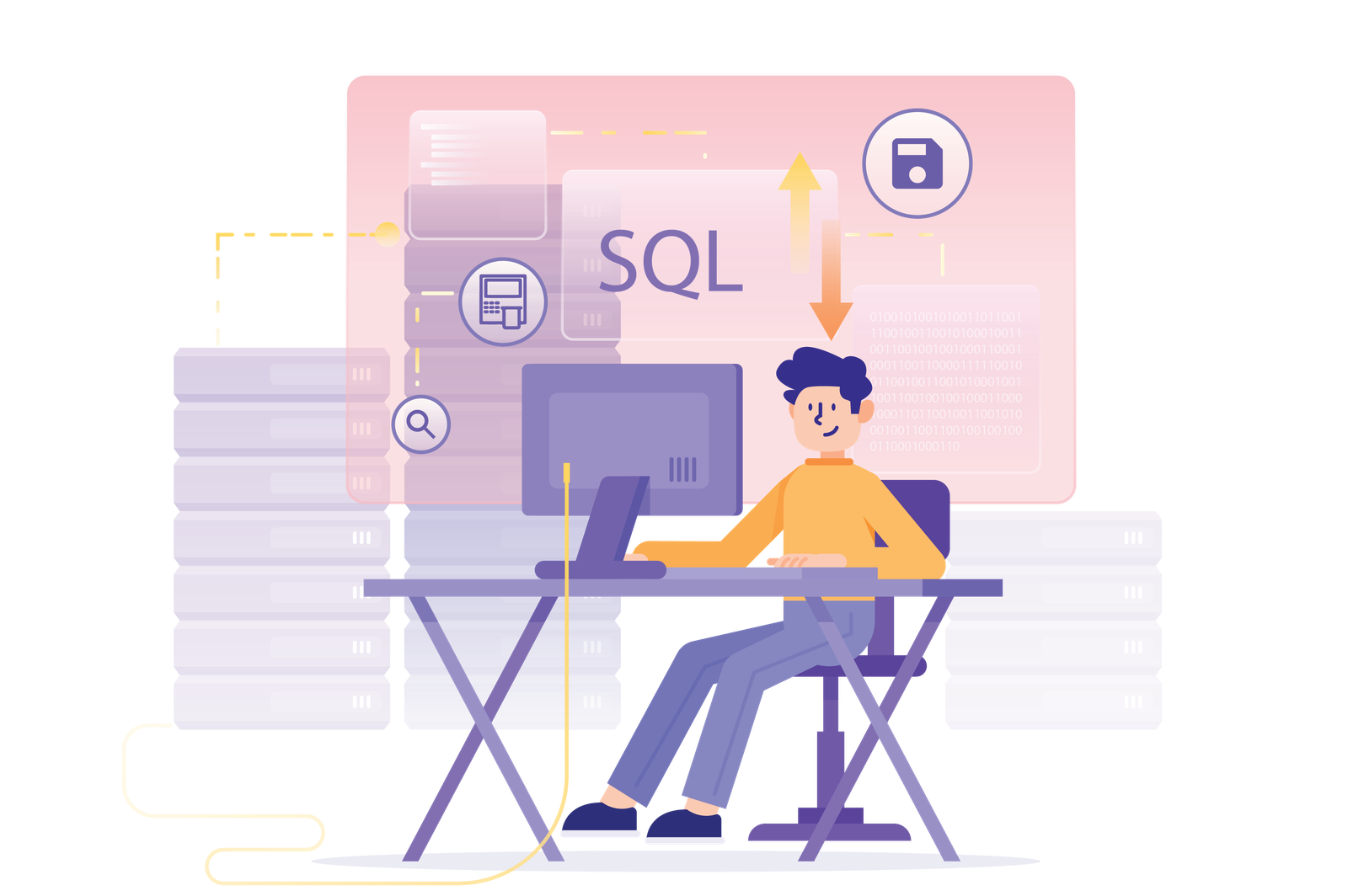Description
🧩 Key Features of MySQL:
- Relational Database:
- Data is stored in tables and columns, making it easy to relate and organize data.
- SQL (Structured Query Language):
- You use SQL to interact with the database (like writing queries to fetch, update, or delete data).
- ACID Compliance:
- MySQL ensures data integrity with ACID properties (Atomicity, Consistency, Isolation, Durability) for transactions.
- Open Source:
- MySQL is free to use, and its source code is available for anyone to inspect or modify.
- Scalability and Performance:
- MySQL can handle large amounts of data and can scale as your application grows.
- Cross-Platform:
- MySQL works on various platforms, including Windows, Linux, and macOS.
🔑 MySQL vs Other Databases:
- MySQL is an RDBMS, meaning it’s structured in tables and rows.
- It’s different from NoSQL databases like MongoDB, which store data in a more flexible, document-based format.
- MySQL is often used for web applications, especially with frameworks like Laravel, WordPress, Drupal, and more.
🌐 Popular Use Cases for MySQL:
- Web Development: MySQL is widely used to manage backend data for websites and web applications.
- Content Management Systems (CMS): Many CMS like WordPress use MySQL to store content, users, settings, etc.
- E-commerce: Stores product catalogs, customer data, and order history.


